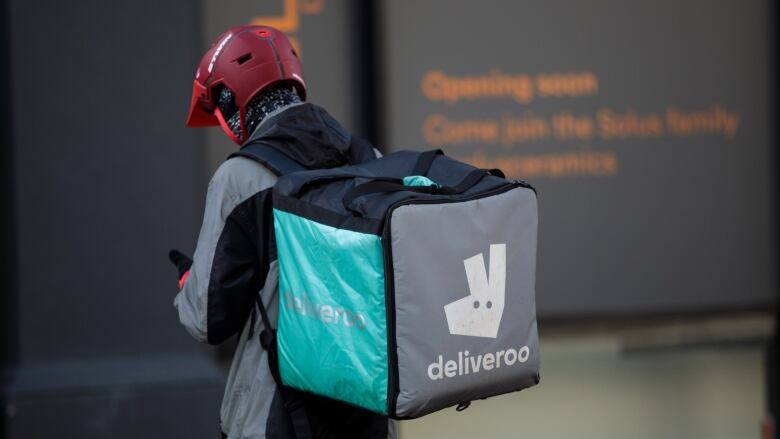Changing the way we work to build a more livable society

This is the second part of an interview with Professor Peter Fleming, the author of 'The Death of Homo Economicus: Work, Debt and the Myth of Endless Accumulation'. In part one, Fleming discusses the root causes of economic inequality.
Philosopher John Stuart Mill defined human beings as 'homo economicus', economic creatures making rational decisions based on their own economic self-interest.
For a few decades in the postwar era, there was a tacit, informal contract between the state, the business world and the homo economicus. The average person would vote for a mainstream political party, obey the law, pay taxes, buy a car and a house. In return, they would get a decent paying job with benefits to pay for it all.
But according to Professor Peter Fleming, decades of neoliberal economic policy in western democracies have reduced everything to the logic and needs of free markets, including governments and the services they provide. Fleming believes the public sphere has been denuded and captured by corporations and the wealthy while the average person is left anxious and precariously employed.
Fleming says the homo economicus are no longer economic actors. Rather, they're being acted on and determined by economic forces beyond their control. Their humanity has been eclipsed by their economic value or cost and they're seen by governments and business alike simply as assets or liabilities.
Peter Fleming is Professor of Business and Society at the Cass Business School at City University London. In the second part of his interview with Michael Enright, he speaks about the nature of work today and how he thinks a better way of life might be possible.
Click 'listen' at the top of the page to hear Michael Enright's conversation with Professor Peter Fleming.